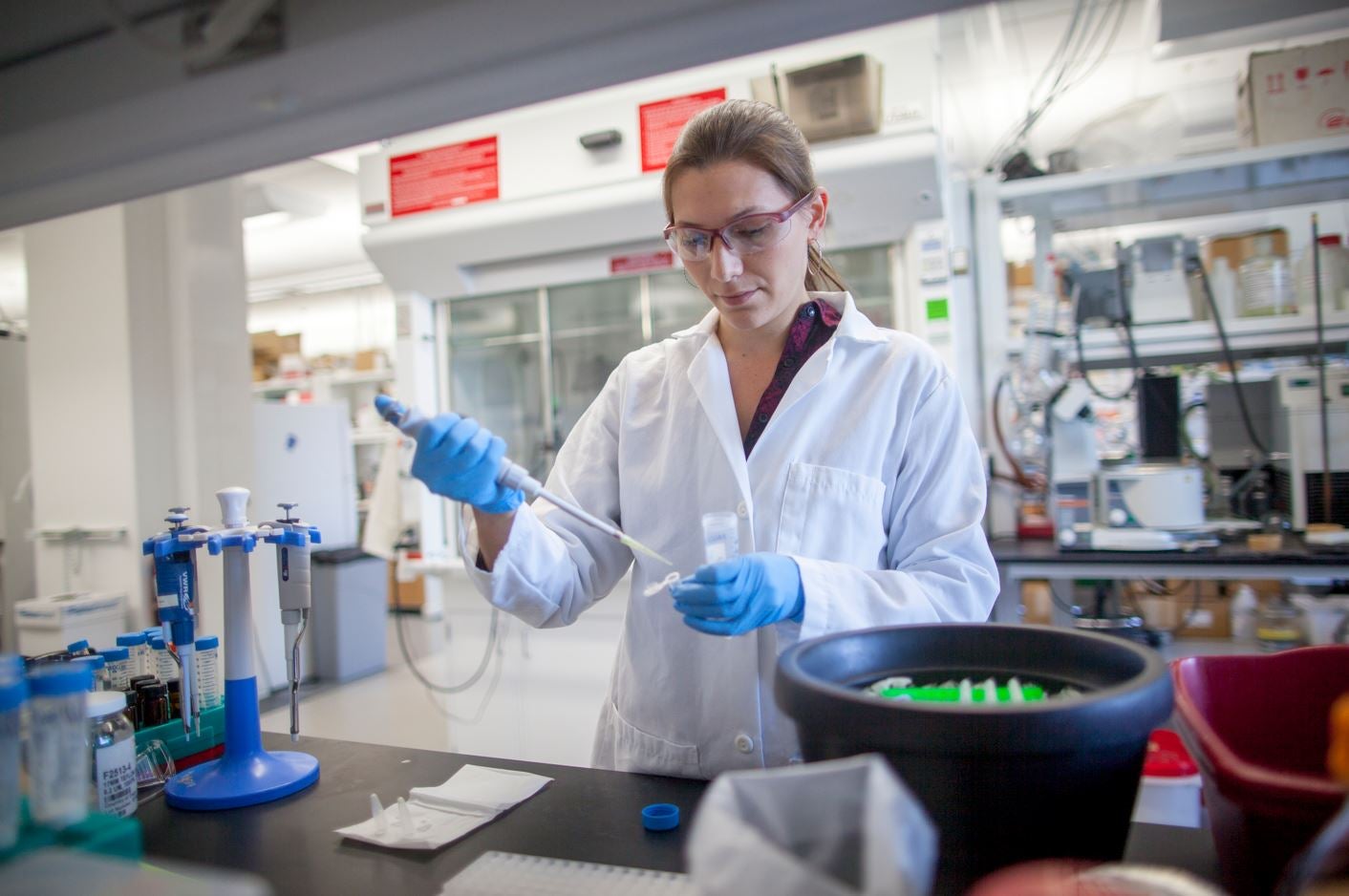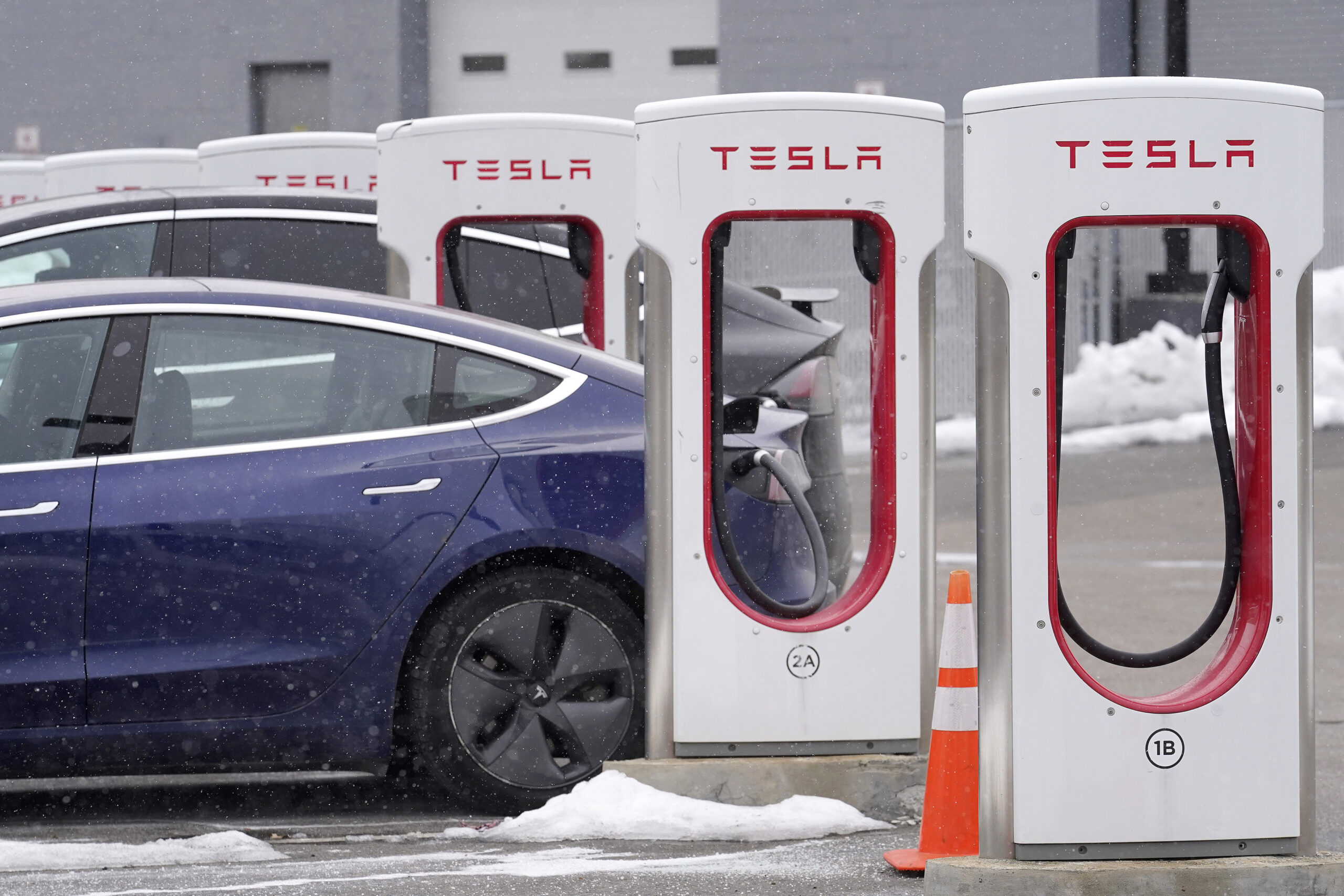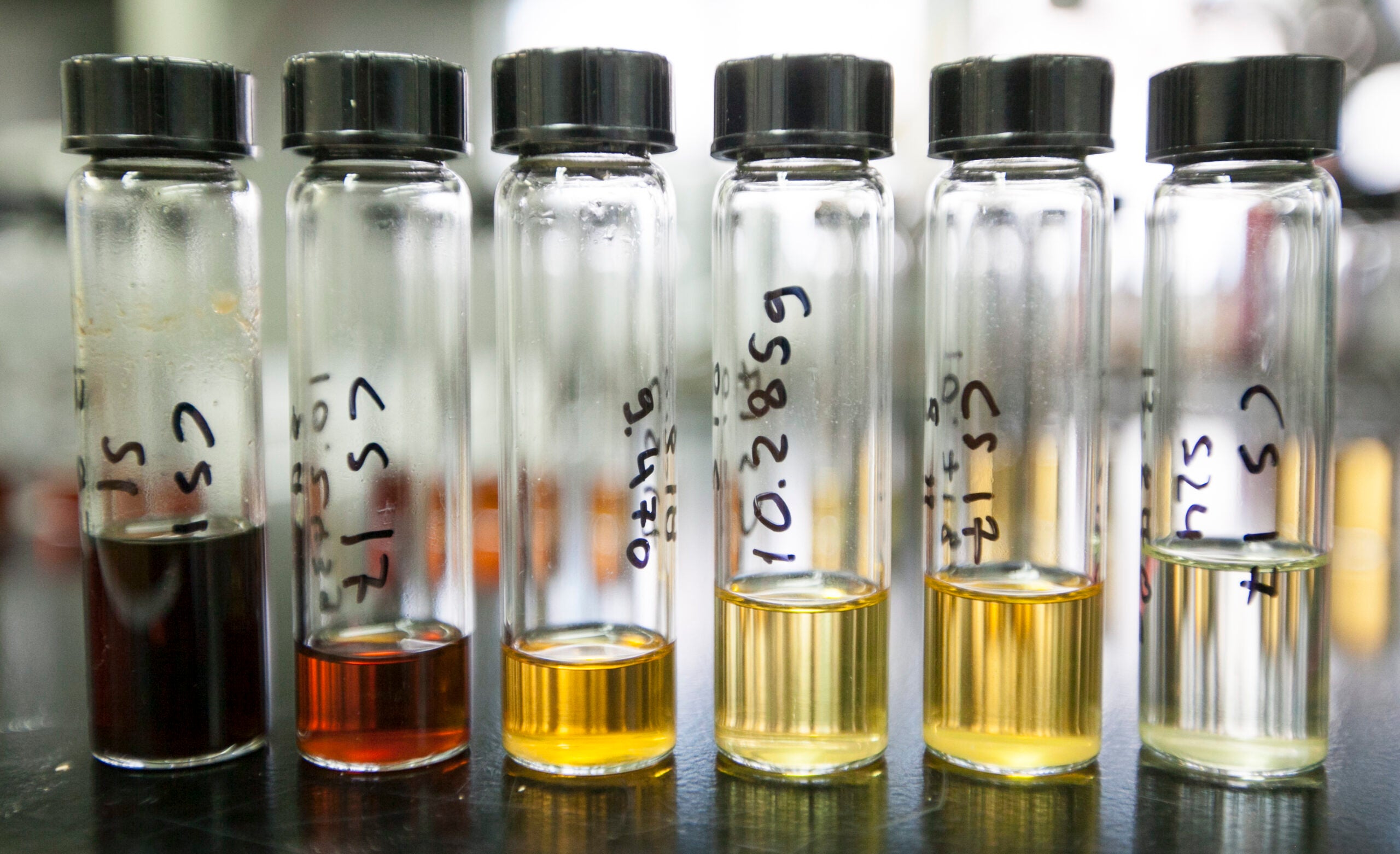The UW Center for Tobacco Research and Intervention just received a new grant to find the most effective way to stop smoking. We learn about the research from a medical expert. Then we speak with a counter-terrorism expert who says a priority needs to be put on cutting off the cash flow to ISIS and learn about a new, super-efficient diesel engine. We also listen to a Wisconsin Life piece about keeping people from Illinois out of the Badger State.
Featured in this Show
-
UW-Madison Engineers Develop New, Extremely Fuel Efficient Car Engine
Wisconsin might not be the first place that springs to mind when people think of automotive engineering, but a research group is aiming to change that with a combustion engine that takes fuel efficiency to new levels.
The team, led by Rolf Reitz, a mechanical engineering professor at the University of Wisconsin-Madison, has built a test engine that converts significantly more fuel into motion than the best engines currently on the road. The engine uses a combination of diesel fuel and gasoline, with the proportions controlled by a computer system. The team calls the system “reactivity controlled compression ignition,” or RCCI.
Reitz said the engine uses fuel 15 percent more efficiently than the best-performing diesel engines currently on the road (which are themselves more efficient than gasoline engines). That pays off with lower emissions, and less need for emissions controls in a vehicle.
“We can meet the (U.S. Environmental Protection Agency)-mandated emission regulations without the need for expensive after-treatment,” said Reitz.
The engine, and the RCCI process, have gone from the computer drawing board to one-cylinder and multi-cylinder models — and in the latest demonstration, the team installed an engine in a 2009 Saturn, with a hybrid-electric system.
Reitz said the demonstration car shows that this kind of technology could help meet the mileage goals set by the Obama administration, which aim for a 54.5 mile-per-gallon standard by 2025.
“This vehicle can do 50 miles per gallon,” Reitz said. “And that’s just with our preliminary demonstration runs here at the university, without teams of development engineers as you would find at a car company.”
In addition to the potential payoffs in fuel economy and emissions controls, the RCCI project has been a great educational experience.
“It was a wonderful opportunity for our students,” said Reitz. “We covered the whole range from the math of computer modeling all the way to a practical vehicle and getting it running on the road.”
The technology developed at the UW-Madison campus may soon be introduced to the actual auto industry: The engine has been tested at the Oak Ridge National Laboratory and Ford Motor Company. Reitz said the team is now working with a consortium of car company representatives to see if the technology could be integrated into future automobile production.
-
The University Of Wisconsin Is Investigating How Best To Quit Smoking
The University of Wisconsin Center for Tobacco Research and Intervention received a new $12 million grant from the National Institutes of Health and National Cancer Institute to find the most effective ways to quit smoking. As a result, Wisconsinites in the Madison and Milwaukee areas have the opportunity to get free help for quitting smoking.
-
Expert Says Cash Flow To ISIS Needs To Be Cut Off
It’s been five days since the United States began its airstrikes against the Islamist State ISIS in Iraq, in an attempt to help Kurds besieged by the group. RAND corporation political scientist and counter-terrorism expert Patrick Johnston says that as part of the offensive important steps should be taken to cut off ISIS’s cash flow. He penned an op-ed in the New York Times today titled “Hitting ISIS Where it Hurts.”
-
UW Researchers Developing Super-Efficient Diesel Engine
Researchers at the University of Wisconsin are developing and testing what could be the most efficient diesel engine in the world. A professor of mechanical engineering talks about the engine, how it works, and whether or not the technology might be found in the cars of the future.
Episode Credits
- Rob Ferrett Host
- Veronica Rueckert Host
- Rolf Reitz Guest
- Megan Piper Guest
- Patrick Johnston Guest
- Galen Druke Producer
- Chris Malina Producer
Wisconsin Public Radio, © Copyright 2024, Board of Regents of the University of Wisconsin System and Wisconsin Educational Communications Board.


